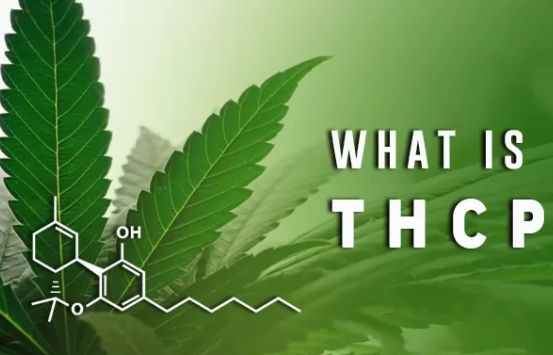THCP, a phytocannabinoid or organic cannabinoid, closely resembles delta 9 THC, which is the most prevalent cannabinoid found in various marijuana strains. While initially discovered in a specific marijuana strain, THCP can also be synthesized in a laboratory by chemically modifying CBD obtained from legal hemp plants.
Interestingly, the production of THCP in substantial quantities with significant commercial value necessitates laboratory synthesis, as the naturally occurring cannabis flower does not contain sufficient amounts for cost-effective extraction.
In terms of molecular structure, THCP differs considerably from delta 9 THC. It possesses an elongated alkyl side chain, extending from the lower portion of the molecule. This larger side chain consists of seven carbon atoms, as opposed to the five found in delta 9 THC. This unique feature enables THCP to more readily bind with human CB1 and CB2 cannabinoid receptors, implying that its effects in the brain and body are likely to be more potent.
Most of our knowledge about THCP stems from a 2019 study conducted by a group of Italian academics, which introduced this compound to the scientific community. Since there has been no research conducted on human subjects thus far, our understanding of potential safety concerns or side effects associated with THCP remains limited. However, we can make informed speculations based on the effects observed with other forms of THC.
Does thcp get you high?
In their experiments using cultured human cells, the Italian researchers who discovered THCP, an organic cannabinoid, observed that THCP binds to the CB1 receptor approximately 33 times more effectively than delta 9 THC. This heightened binding affinity is likely due to THCP’s extended seven-atom side chain. Additionally, THCP exhibits a greater tendency to bind with the CB2 receptor.
However, it is important to note that this enhanced binding affinity does not necessarily mean that THCP will produce effects that are 33 times stronger than traditional delta 9 THC. There are likely limits to the stimulation of endocannabinoid receptors by any cannabinoid, and individual responses to cannabinoids can vary. Although some of THCP’s increased binding affinity may be wasted on receptors that are already saturated with cannabinoids, it still seems probable that THCP will be more potent than delta 9 THC for many individuals, potentially resulting in a strong psychoactive experience.
The presence of small amounts of THCP in certain marijuana strains could potentially explain why users perceive these strains as more intoxicating, even when compared to other strains that contain similar or higher levels of delta 9 THC. In the future, cannabis breeders may develop new strains with higher concentrations of THCP to highlight its specific effects.
Post time: May-19-2023






